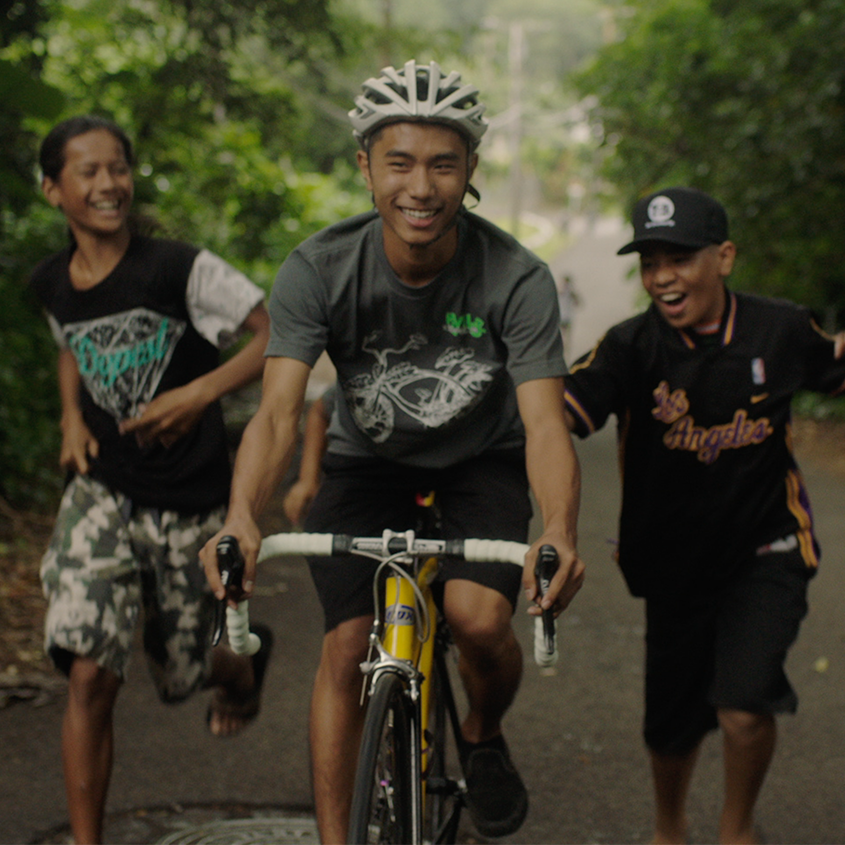
RGH Project Lead Justine Ginsberg and Farmington Valley Health Director Jennifer Kertanis discuss the coalition’s work and discoveries to date:
Q: Why did you decide to focus on veterans?
JG: It has become very evident that this is an area where there is a lot of need [for supporting mental wellbeing] and where the clinical model isn’t always working; our military come back with a variety of experiences and exposures that require a variety of creative approaches.
Q: What have you learned about working with veterans of different generations?
JK: It’s far more complex than we ever imagined. For example, there’s a desire to recognize the uniqueness of the Vietnam War veterans and the fact that they weren’t welcomed home to the community, which makes it difficult to really integrate even now, many years later. Then there’s the guilt that some veterans feel because they didn’t see combat, versus those who did see combat. Reservists are a very interesting group because they don’t really fit into one world or the other; they’re neither engaged in military activities full-time nor retired. They kind of live with a foot in civilian life and a foot in reservist life, so that’s very stressful. But the thread that weaves its way through is the recognition that they all understand on a certain level what it’s like to be active-duty military and/or a veteran, and the willingness to support each other; the older Korean War and Vietnam War veterans who are doing well are willing to step up and be there for the younger generation veterans who saw a different kind of conflict.
JG: Another very distinctive common thread is the reluctance of all generations to seek formalized treatment. The statistics tell us that only 50% of veterans are ever likely to seek formal counseling, and of those, only 50% last more than one or two sessions. There’s a militarization that as a nation we’ve created where these men are not allowed to talk about this stuff, they don’t want to talk about it, they feel weak if they talk about it. In our focus groups, we’ve heard from multiple generations: “Why should I take up space when I’ve got both my arms and both my legs? I should just be able to rise above.” And unfortunately with that mentality we’re leaving much of the unseen wounds to fester and grow, and then they come out later in their lives, be it as an assault, an arrest, a DUI, or substance abuse. RGH has recognized the need to promote resilience building and healthy lifestyle choices among veterans, reservists, and other military personnel in the area in a response to these issues.
Nationally we’ve got a huge surge of Vietnam veterans taking their lives. They’ve stopped working, they’ve retired and now they’ve got time to think. It’s initiatives like Resilience Grows Here that are aiming to talk about mental health issues in a different way. We’re not clinicalizing; we’re supporting methods of getting veterans to talk and then following up with a clinical model if appropriate. Making Connections Lesson Learned: "If you do something authentic within a community, what’s required bubbles up."
Q: How are you approaching community-level change in your work?
JG: We’re trying to create a community that is literate in mental health and resilience. One of the things that kept coming out of the focus groups is that people don’t know how to discuss mental health in a safe way; people have so many prejudices and preconceptions that are actually inaccurate that people are not comfortable coming forward and saying “I’m not coping, I’m feeling stressed.” We label people as being broken and dangerous when they’re none of the above. Every event we have for Resilience Grows Here has some mental health focus. With the ice cream social, we launched the Movember suicide prevention video and had a lot of suicide prevention material available. Working with the high school, we have created the Resilience Grows Here “climate” committee—we’re going to look at the school and how we talk about mental health, how we talk about masculinity and how the two interplay.
Q: Why did you select the garden as an area of focus?
JG: We spent a lot of time looking for non-traditional therapies for veterans dealing with post- traumatic stress disorder and other mental health problems. The clear stand-outs were dogs, gardening, art therapy, drumming therapy, tai chi, yoga, meditation. For us, the idea of creating the space was most important. The garden was always going to be a starting place, a hub; with a garden you could have drumming circles, meditation, yoga; you could have all these things in that space. And this little garden has already demonstrated its value in convening and bringing people together. When we had our July 11 kick-off event, we had over 150 members of the community — veterans, community members, people with mental health conditions, and their family members. The space we created, the essence that was in the air, the amount of compassion and love and kindness and acceptance, and the kind of conversation that happened…it became an opportunity where in that particular space you could say what you had to say and that was OK.
Last Friday, when we had our ice cream social, one family came in from Granby. The husband had been in Iraq, had been medically discharged 12 months earlier, and there were two little girls. They came in because they had seen a Facebook post and the wife was at her wit’s end. He’d had eight separate appointments with psychiatrists, all of which had fallen through. He had refused to seek any further treatment. He was having nightmares, he was having flashbacks, he had anxiety that was off the charts. And she had decided this was going to be their last hope. And they came on Friday and he was just accepted into the fold. We paired him with another member of our peer committee, a younger vet, and at the end of the evening this young man came up to us and said “I think I’ve found my space.” And his wife gave me the most enormous hug and said, “I think tonight you saved my husband.”
That’s the kind of space that we’ve created. And as to what comes next—whether it serves as a safe place, a gathering spot or actually a working mini-farm giving back to food banks, that’s yet to be defined for us.
Visit Resilience Grows Here on Facebook.



.com_Carousel.jpg)






